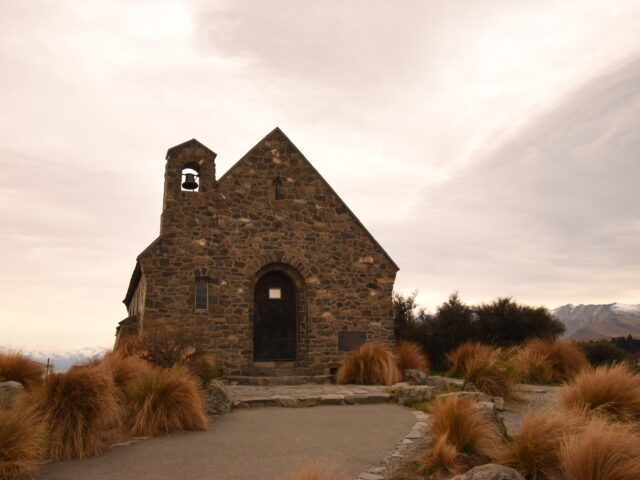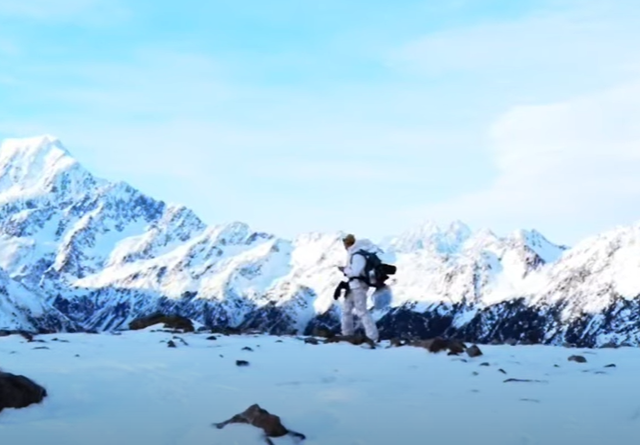Many students travel to new places with the intentions of exploration. I know that’s what drove me to study on the South Island of New Zealand. When hiking in new places, however, there are many important factors to take into account. After spending six months tramping (hiking) all around New Zealand, here are some useful tips I have learned.
Never Go Alone
It sounds like common sense, but it can never be stressed enough. Always make solid plans and make sure you’re going with at least one other hiker. It is important that at least one member of the group has a solid background and experience in hiking. Experience using compasses, maps, hiking equipment, and other gear is essential.

Tell a Friend
Make sure to always tell a friend or family member (or both!) the exact plans of your hiking or backpacking trip. Include who you are going with, where you are going, where you plan to spend each night on the trip, and your expected date of exit. Also include an “emergency date”, or a date/time when the safety person should notify the appropriate authorities if your party has failed to make contact by then.
Watch the Weather
What I found when I was hiking in New Zealand, and elsewhere around the world is that weather may be the most important, or one of the most important, factors to consider when hiking or camping. Weather can have a massive influence on the outcome of a trip. Especially in New Zealand, but elsewhere around the world as well, the weather can be unpredictable. You can have sunshine in the morning, sleet at noon, snow at 3, and overcast at dusk, all in one day. Keep in mind that weather conditions may chance rapidly and have a backup plan ready.

Packing Is Key
Packing may be one of the most important aspects of a trip. Each trip will include different equipment, but there are some basics that must always be included. The following should be packed under most circumstances: water, food, layers of clothing (thermals, long underwear, rain coat, sweatshirts, jackets, hats, gloves, etc. – even in the summer!), socks (lots of pairs), compass, maps, emergency kit, and GPS locator beacon.

Be Prepared
This goes along with some of the other points. It’s important to plan for the worst, and hope for the best. Before leaving for a trip, anticipate what could go wrong, and plan accordingly. Better to be safe than sorry!
Hikers Are Family
Always be kind to other hikers – you never know who you will meet on the trail. There have been plenty of times that I met a new friend on the trails, and ended up getting some really useful advice along with a new trail buddy.

Be an Early Riser
Hikers tend to be early risers. I recommend getting to bed early and getting up early. Nothing beats a sunrise in the Southern Alps of New Zealand.
Enjoy The Little Things
Always make sure to enjoy your surroundings. Appreciate the little things in life, and make sure to not harm the environment or any animals. Leave no trash behind; carry out what you carry in! That way, future hikers can enjoy the wilderness too.

Colin Phillips is a TEAN Alum and graduate of Stonehill College. He studied abroad with TEAN in Dunedin, New Zealand.







